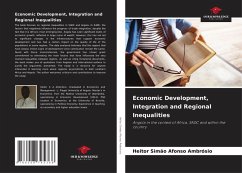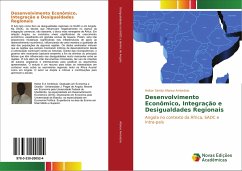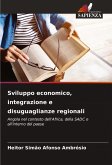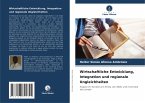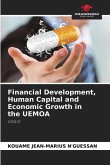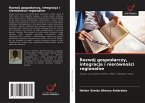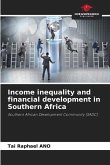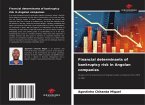The book focuses on regional inequalities in SADC and Angola. In SADC, the factors that negatively influence the progress of trade integration, despite the fact that it is Africa's most emerging bloc. Angola has seen significant levels of economic growth, reflected in large sums of wealth. However, this has not led to significant changes in the infrastructures that support economic development and has had a certain impact on the quality of life of the populations in some regions. The data analysed indicates that the regions that have always shown signs of development since colonisation remain the same. Faced with these inconsistencies, the government has shown great commitment to eliminating the main factors that have influenced the very marked inequalities between regions. As well as citing ministerial documents, the book makes use of quotations from Angolan and international authors to justify the arguments presented. The study is a resource for anyone interested in learning more about regional asymmetries in both southern Africa and Angola. The author welcomes criticism and contributions to improve the study.
Bitte wählen Sie Ihr Anliegen aus.
Rechnungen
Retourenschein anfordern
Bestellstatus
Storno

